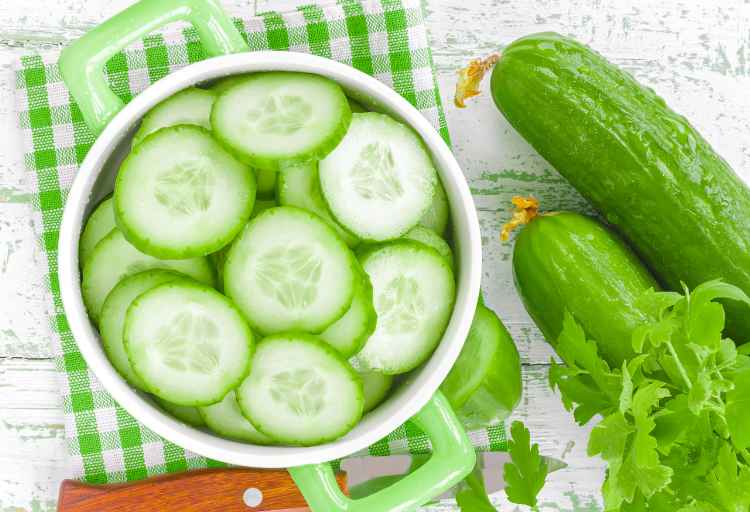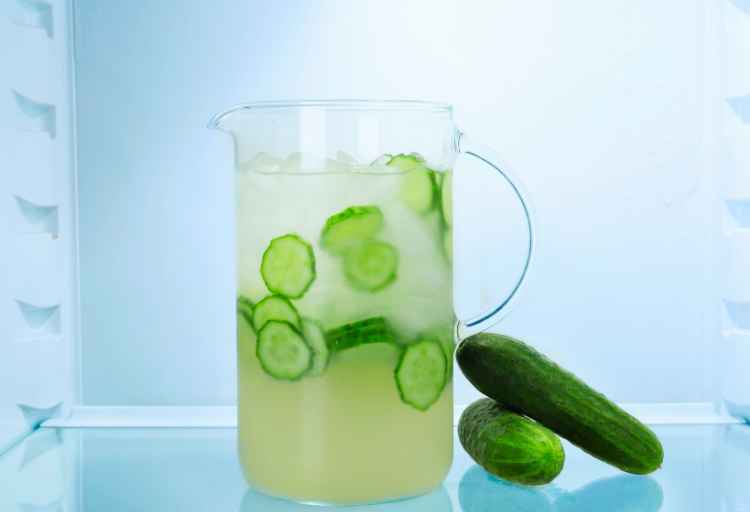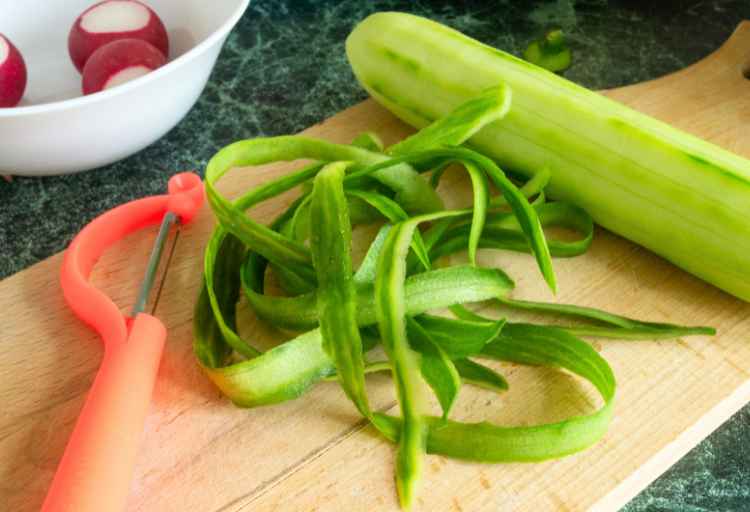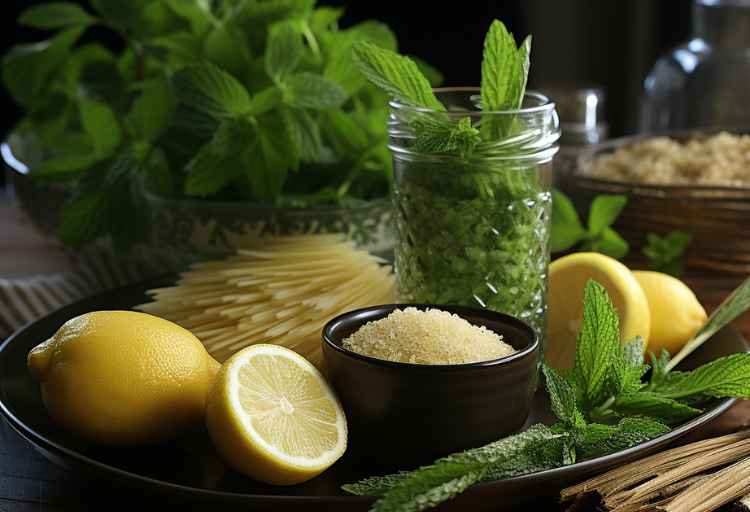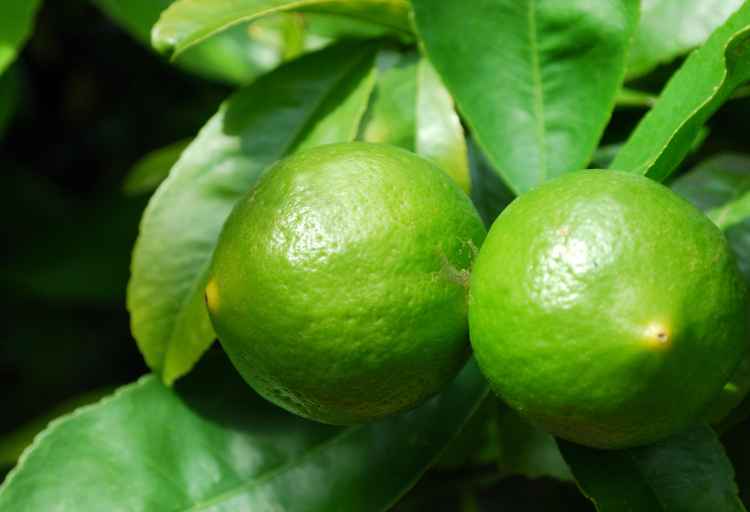Why Do Cucumbers Have Calories But Pickles Don’t? Exploring the Nutritional Differences
Cucumbers and pickles are two popular additions to salads, sandwiches, and snacks.
While cucumbers are known for their refreshing and low-calorie nature, pickles seem to carry a tangy flavor without the caloric burden.
This nutritional paradox often raises the question: Why do cucumbers have calories but pickles don’t?
Why do cucumbers have calories but pickles don’t? Cucumbers contain minimal calories due to their carbohydrate content, while pickles have undergone fermentation, reducing their carbs and caloric content through the conversion of sugars into lactic acid.

Contents
Why do cucumbers have calories but pickles don’t?
Cucumbers: A Low-Calorie Crunch
Cucumbers (Cucumis sativus) are water-rich vegetables commonly enjoyed raw. They are well-known for their high water content, which contributes to their crisp texture and hydrating properties.
Cucumbers are often touted as a low-calorie snack due to their minimal energy content.
However, they do contain a small number of calories – typically around 15 calories per 100 grams.
The calories in cucumbers come from carbohydrates, mainly in the form of natural sugars and dietary fiber.
Pickles: The Fermentation Factor
Pickles, on the other hand, are cucumbers that have undergone a transformation through the process of fermentation.
The fermentation process involves immersing cucumbers in a brine solution containing water, salt, and sometimes vinegar, along with various spices and herbs.
During fermentation, beneficial bacteria convert the natural sugars present in cucumbers into lactic acid through a process called Lacto-fermentation.
This acidifies the environment, giving pickles their characteristic tangy flavor.
The Caloric Difference: Why Do Cucumbers Have Calories?
Carbohydrates in Cucumbers
The primary reason cucumbers contain calories is their carbohydrate content.
Although cucumbers are predominantly water, they also contain carbohydrates in the form of simple sugars and dietary fiber. These carbohydrates contribute to the overall caloric content of cucumbers.
While the calorie count per cucumber is quite low, it’s important to note that the calories are primarily derived from the carbohydrates present.
Nutrient Composition
Cucumbers also contain trace amounts of vitamins and minerals, such as vitamin K, potassium, and magnesium. These nutrients play essential roles in various bodily functions.
Additionally, the dietary fiber in cucumbers aids in digestion and promotes a feeling of fullness.
The Pickle Puzzle: Why Don’t Pickles Have Calories?
Lactic Acid Fermentation
The key to the low-calorie content of pickles lies in the fermentation process. Lactic acid bacteria, naturally present on the surface of cucumbers or introduced through the brine, initiate fermentation.
These bacteria consume the sugars in the cucumbers and convert them into lactic acid.
This transformation not only gives pickles their tangy flavor but also preserves them by creating an acidic environment that inhibits the growth of harmful microorganisms.
Caloric Reduction through Fermentation
As the bacteria consume the sugars, the carbohydrate content of cucumbers significantly decreases.
This reduction in carbohydrates translates into a decrease in caloric content. The lactic acid produced during fermentation is not metabolized by the body in the same way as the original sugars.
As a result, the calories derived from the initial sugars are greatly diminished in the final pickle product.
Health Benefits and Considerations
Hydration and Nutrient Intake
Cucumbers, despite their minimal calories, offer valuable hydration due to their high water content. They also provide a range of nutrients, albeit in small quantities.
Incorporating cucumbers into your diet can contribute to overall hydration and support nutrient intake.
Probiotic Potential of Pickles
Pickles, beyond being calorie-friendly, may offer additional benefits due to their probiotic content.
The fermentation process encourages the growth of beneficial bacteria that can promote gut health.
These probiotics contribute to a balanced gut microbiome, which is linked to various aspects of health, including digestion and immunity.
Conclusion
The mystery of why cucumbers have calories while pickles seemingly don’t is unraveled through the science of fermentation.
Cucumbers owe their minimal calories to their carbohydrate content, while pickles undergo a transformative process that reduces their caloric load.
The choice between these two options ultimately depends on personal preferences and nutritional goals.
Cucumbers are ideal for hydration and a modest nutrient boost, while pickles offer a tangy, low-calorie snack with potential probiotic benefits.
So, whether you’re reaching for a crisp cucumber or a zesty pickle, you now understand the intriguing nutritional differences between these two popular choices.
FAQs
Are cucumbers a low-calorie food?
Yes, cucumbers are low in calories due to their high water content and minimal carbohydrate content. They typically contain around 15 calories per 100 grams.
Why do pickles have fewer calories than cucumbers?
Pickles have fewer calories because they undergo fermentation, which converts the sugars in cucumbers into lactic acid. This process significantly reduces the carbohydrate content and, consequently, the caloric content of pickles.
Can pickles be considered a healthy snack option?
Yes, pickles can be a healthy snack option. Beyond their low-calorie nature, the fermentation process can introduce beneficial probiotics, promoting gut health. However, be mindful of sodium content, as some commercial pickle varieties can be high in salt.
Do pickles retain the nutrients of cucumbers after fermentation?
The fermentation process in pickles may cause a slight loss of certain nutrients, but the overall impact is relatively minor. Pickles still retain some vitamins and minerals from the original cucumbers.
Are there different types of pickles with varying calorie counts?
Yes, there are different types of pickles, such as dill pickles, bread-and-butter pickles, and sweet pickles. While the fermentation process generally reduces calories, sweetened pickles might have slightly higher calorie content due to added sugars. Always check labels for accurate nutritional information.

